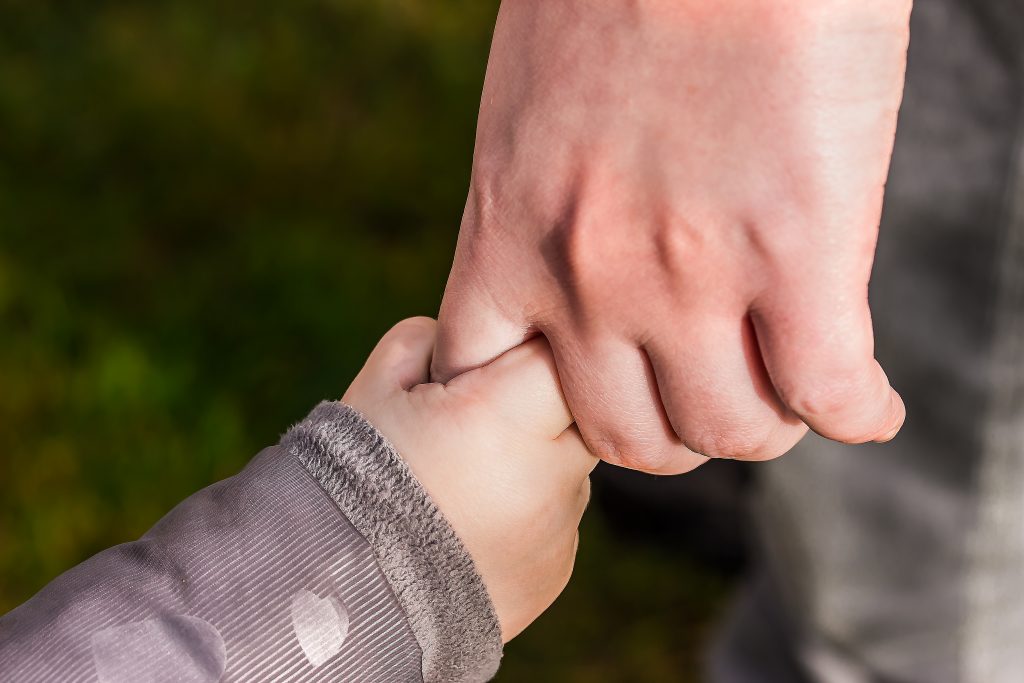In Canada, the law says that in most cases, parents have joint custody, which means they have equal power to make decisions about their children’s welfare.
If you and your child’s other parent separate or do not live together, you must decide how your child will spend their time, who will take care of them, and where they will live. You can make or change these decisions independently, with or without the help of a family lawyer and the court system.
Here’s everything you need to know about this topic:
How Do Courts Decide about Contact, Parenting Time, and Decision-Making Responsibility
The law says that both parents must take part in decision-making about their child unless there are good reasons not to.
In most cases, parents must have parenting time with their children. This usually means spending time with them, talking to them, and ensuring they are safe.
Courts usually have to approve contact and visitation orders, including parenting time. Both parents have a right to ask the court to decide whether they should have parenting time with their child.
Courts decide who will have decision-making responsibility for the child. This is called custody.
In most cases, parents are both joint decision-makers. This means they both have the same amount of power to make decisions about their child.
In some instances, one parent can have sole decision-making for certain matters. This is called sole custody. It can only be decided in court.
To decide who has sole decision-making, judges look at different things like:
- How much time the parents have already spent with their child;
- How much each parent spends on their child;
- What the child wants;
- What is in the child’s best interests; and
- How the parents get along
What Is Family Violence?
Family violence is when someone in the family hurts or threatens to hurt another family member. When deciding custody or parenting time, judges must consider family violence.
Family violence includes:
- physical abuse;
- sexual or emotional abuse;
- threats of violence; or
- harming or threatening to harm children.
The law says judges must consider family violence when deciding custody or parenting time, but they do not have to think that it will happen again.
When judges find out that family violence has happened, they may order that the family get help from a domestic violence shelter, a mediator, or a counselor. They may also change custody or parenting time between the parents.
Moving with Your Child
If you and your child’s other parent separate or do not live together, you can keep them in the same city, town, or school.
If you decide to move, you can agree to move together or move alone. If you move together with your child, you should let the other parent know. Then you can talk about what this means for your child’s living arrangements.
If you move alone, the other parent does not have the right to have your child move with them without your permission.
Conclusion
Child custody and parenting time are important decisions that will affect your child’s life. They can also be difficult to make. You can try to handle things on your own, but you should talk to a lawyer if you have questions.
The main thing is to remember that you always have a choice. When deciding about custody and parenting time, you should learn about your legal rights and responsibilities, talk to a family lawyer about your situation, and always put your child’s best interests first.
Dreyer and Associates Lawyers, LLP offers you the expert legal services of an experienced family lawyer in the Fraser Valley. Contact us today to schedule a consultation!





